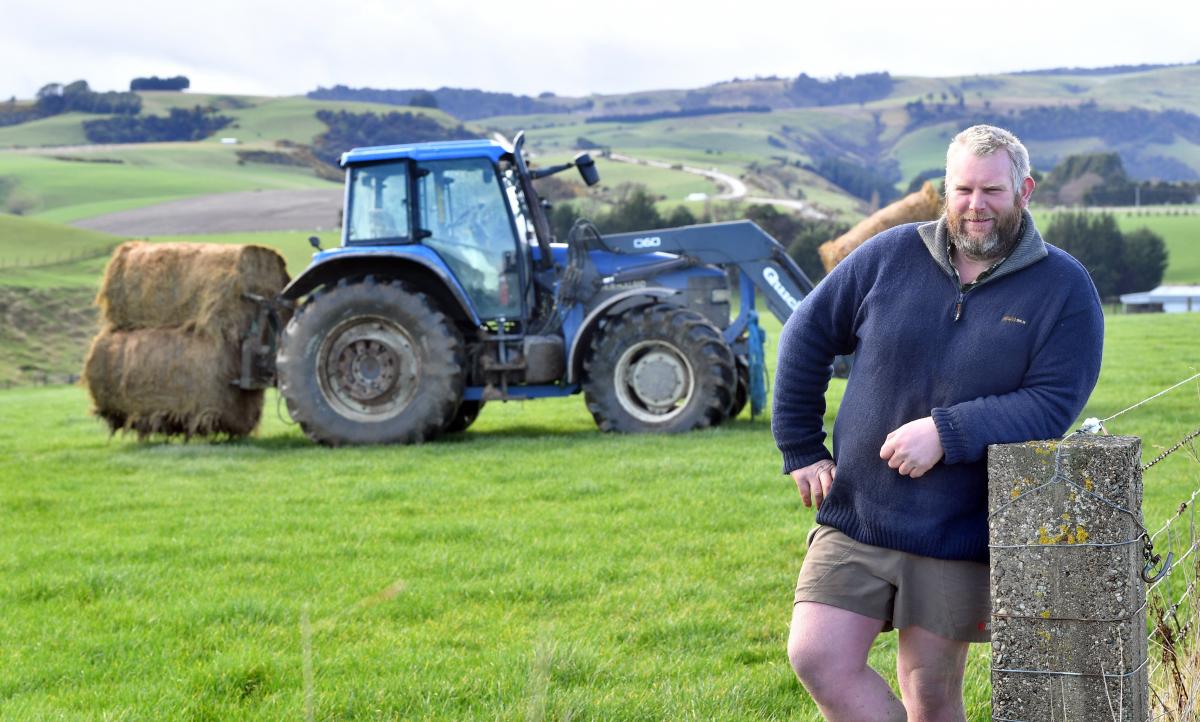Nearly 400 creditors are owed a combined total of more than $16.5 million.
A group of seven companies associated with the premium cooking appliances retailer and other operations were all placed into receivership and voluntary administration last month.
Receiver Stephen Keen, of Grant Thornton New Zealand, said yesterday they had run a sales process calling for potential purchasers for all or part of the Kitchen Things business.
“Unfortunately, this has not eventuated for the Dunedin store, and steps have been taken to close the store.”
No date was given for the Dunedin store’s closure.
Grant Thornton said in an earlier statement the Kitchen Things stores in Napier and Nelson would permanently close this weekend, with all stock for sale below cost.
The first report by administrators BDO Auckland, released this week, said the group of companies owed $16,584,116 to a total of 396 creditors.
Kitchen Things had benefited through the Covid-19 period, but sales “subsequently decreased significantly” and was compounded by the challenging economic environment, the report said.
“With the decline in sales and margins, the high fixed cost base made it unprofitable.
“Restructure steps were undertaken to reduce costs with store closures and staff reductions. However, it appears the attempts to reduce costs were unable to be done at a level that made the group viable on an ongoing basis.”
Attempts to raise equity and sell the business as a whole or in part were unsuccessful.
The administrators’ opinion was it would be in creditors’ interests for liquidators to be appointed to the companies.
“Accordingly, we recommend creditors vote against returning control of the companies to its directors and vote in favour of placing the companies into liquidation.”
Kitchen Things was founded in 1986 and was an importer, distributor and retailer of kitchen and laundry appliances.
It operated 12 stores across New Zealand and employed about 125 staff at the date of receivership.
A joint directors’ statement, prepared and signed by Rachel Louie and accepted as true and accurate by Mark Jones, said “unprecedented economic challenges” had emerged in recent years — despite the legacy and leadership of the group.
A sharp fall in discretionary consumer spending, persistent inflation, exchange rate deterioration for importing and ongoing supply chain disruptions had all severely affected sales, operating margins and the ability to plan and invest for the future.
Economic downturns and pandemic disruptions eroded consumer confidence straining operational resilience, while “worldwide shocks of the wars, tariffs, and economic uncertainty” added to pressure from high inflation and interest rates.
“During this period, my father’s declining health added an extra layer of difficulty for the group.
“With his experience and leadership limited, decision-making became more complex at a time when stability was most needed.”
It was deeply regrettable that, despite every effort, the business could not be saved, it said.
“I want to sincerely apologise to all staff, customers, suppliers, and partners who have been affected.
“We remain committed to assisting the bank and Grant Thornton to achieve the best possible outcome through this process.”
The administrators’ report said receivers had taken control of the companies’ assets and businesses. They were understood to be continuing to trade while they sold inventory to see if some or all of the businesses could be sold as going concerns.
Mr Keen said it was unfortunate there was a lack of interest in the Napier and Nelson stores.
“But we remain optimistic the other stores in Auckland, Tauranga, Wellington and Christchurch may be acquired by one of the interest parties we are working with.
“In the meantime, we are continuing to sell stock held at heavily discounted prices to achieve the best possible recovery.”














